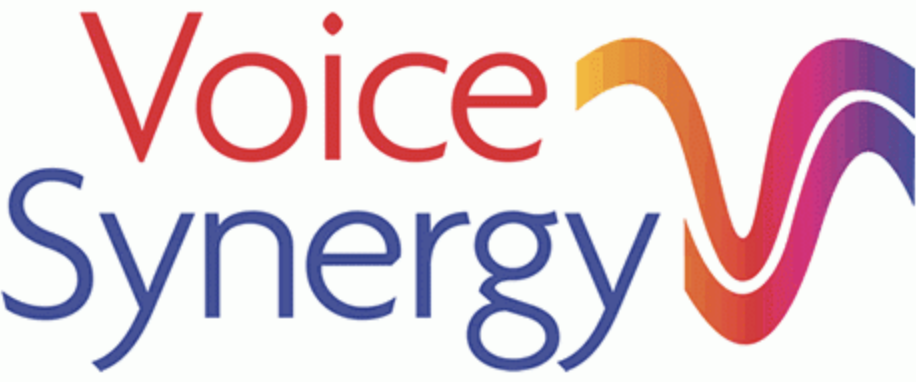
Last weekend, I was fortunate enough to go along to the Frome Farmers’ Market and enjoy milling about the pretty streets looking at beautiful foods and crafts and listening to the voices of the traders.
Chatting with the sellers at their stalls, it was a pleasure to listen to the stories of their produce, they were telling how the honey comb was formed, what type of hens laid the eggs, the ingredients in the focaccia bread or where the foraged fungus could be found.
On the way back, I spotted a plaque on a wall, dedicated to Christina Georgina Rossetti (1830 – 1894). She had helped run a school in Frome in her early 20s before returning to London to live. This led me to think about how this poet used her voice to educate others in her younger years alongside using her inner voice to express her thoughts in poetry.
Stories, whether from the market traders or from our greatest female poet, come to life when they are articulated with truth and energy. Likewise, our own expertise and confidence can be expressed when we use our voice to convey our story.
Many of my clients have a wealth of knowledge about their particular subject, however there can sometimes be a reluctance to share that information, which is deeply rooted in a lack of confidence. Sometimes this lack of confidence is labelled ‘imposter syndrome’ where that annoying little voice inside our head steps up to whisper that we’re not really good enough.
Many people experience a gap between what we know and what we say, in other words, the confidence to tell other people about our area of expertise.
Listening to the voices at Frome market, information flowed effortlessly from the traders’ lips. “This (old cloth puppet) was probably used in a children’s nursery or maybe was part of a travelling show for children.” And, “These pies are all made with the original recipes from our family and they’re baked in the same traditional way which means they taste amazing either hot or cold!”
It’s worth remembering that the voice – your voice – is an amazing tool with which to deliver information to others.
How can we close the gap between having a great wealth of knowledge and telling other people about it? Think about this:
The market traders in Frome and Christina Rossetti knew that the people who come along to listen really want to know something. That’s half the battle – before you speak, remember that the people in front of you really want to hear what you have to say. Remember, it’s your topic, your area of expertise, your story that they want to hear.
Confidence grows as we realise that speech doesn’t happen in a vacuum, you have an idea and that idea is valuable to your listener.
Your words could help someone to understand their own job better, to learn how to use your data themselves or to develop a passion for your subject, too.
If you turn it around, by NOT speaking about your subject, the world might be a poorer place, without your expertise helping others to do their work more effectively, or sharing your experience to help others not make the same mistakes as you might have done.
At Frome at the weekend thanks to brilliant spoken communication, I learned more about honey and how it is produced, I learned that a little rag doll was a Greek jester and that Christina Rossetti was a local girl for a while, teaching little children how to read and write, using her own unique voice to help them.
For more information about how to use your voice effectively and tell your stories confidently, please get in touch for a chat.
A Bird Song
Christina Rosetti 1830 – 1894
It’s a year almost that I have not seen her:
Oh, last summer green things were greener,
Brambles fewer, the blue sky bluer.
It’s surely summer, for there’s a swallow:
Come one swallow, his mate will follow,
The bird race quicken and wheel and thicken.
Oh, happy swallow whose mate will follow
O’er height, o’er hollow! I’d be a swallow,
To build this weather one nest together.
